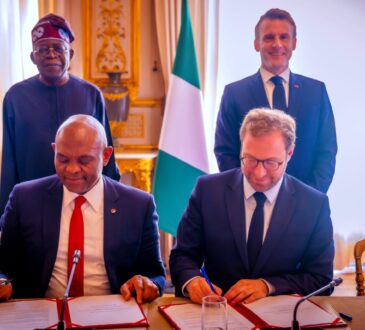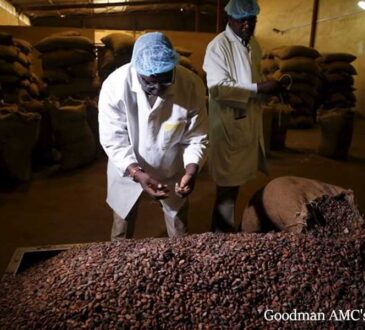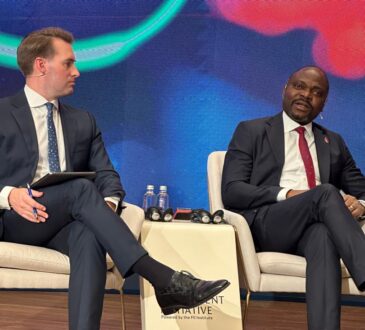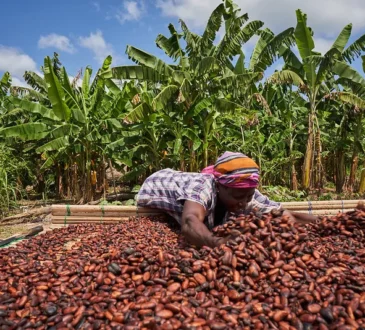
In a strategic move to promote trade liberalization under the African Continental Free Trade Area (AfCFTA), the United Bank for Africa (UBA) Ghana has collaborated with the Ghana Export Promotion Authority (GEPA) to host a crucial sensitization seminar titled ‘Trade Liberalisation after the AfCFTA’ at the Africa Trade House in Accra.
Peter Dery, Head of Retail Banking at UBA Ghana, underscored the bank’s dedication to assisting exporters in Africa through innovative banking solutions. “With our extensive presence in 20 African countries, UBA Ghana is well-positioned to provide financial support to exporters across the region,” stated Dery.
He further highlighted UBA’s recent agreement with the AfCFTA Secretariat to offer financing of up to US$6 billion over the next three years to eligible SMEs across Africa. This initiative specifically targets African and Africa-based SMEs in sectors such as Agro-processing, Automotive, Pharmaceuticals, Transport and Logistics, identified jointly by UBA and the AfCFTA Secretariat to advance the goals of the AfCFTA Agreement.
He highlighted that UBA was a pioneer in the Pan Africa Payment and Settlement System to help facilitate trade across the continent.
Peter mentioned that in addition to this, UBA has other offerings like AfriTrade and helps to transact and trade solutions across Africa. Peter said the Africash remittance product is a novelty from UBA and it is real-time for customers who transact through UBA.
Dr. Afua Asabea Asare, CEO of GEPA, emphasized the pivotal role of AfCFTA in driving economic growth and sustainable development across the continent. “The AfCFTA creates a single market for goods and services, fostering a liberalized environment that promotes the movement of capital and natural persons across Africa without restrictions,” articulated Dr. Asare.
The seminar also delved into Ghana’s National Export Development Strategy (NEDS), aligned with AfCFTA objectives, focusing on expanding the supply base, improving the business regulatory environment, and enhancing human capital for industrial development and marketing. Dr. Asare highlighted Ghana’s efforts to position itself as a manufacturing and industrial hub, attracting investments from multinational corporations.
Recognizing the challenges faced by SMEs in navigating AfCFTA complexities, initiatives like the sensitization seminar and collaborations with financial institutions like UBA Ghana were underscored to equip SMEs with knowledge and resources for AfCFTA opportunities.
The event, attended by exporters, industry stakeholders, and government representatives, aimed to enlighten participants on AfCFTA’s transformative potential for Ghanaian exporters and businesses eyeing the African market. It concluded with a call for constructive dialogue, partnerships, and innovative approaches to realise sustainable economic development.







